Prices for cosmetic surgical procedures vary greatly from state to state, city to city and surgeon to surgeon. The old adage, “you get what you pay for”, generally rings true. Be Smart. Do your homework.
There are many factors to consider when thinking about what you want, and expect from your anticipated surgery. Patients invariably have different sets of expectations and requirements when choosing their surgeon. Some patients do more information gathering, more research and are more informed about their surgeon and surgical procedure. There are others who choose a particular surgeon or surgical center because their friend went there, or they have the best prices, etc. Are you the type of person that will have your surgery performed at a business owned and operated, Surgeon for hire, mass marketing, “high volume”, bargain price surgery center ? Or, are you the type of person that chooses to have your surgery with a Board Certified, established and experienced surgeon in private practice, in a “low volume” setting, who performs his surgery in a properly certified surgery center or hospital, who has worked with his same anesthesia providers for 15 years or longer, and has repeatedly produced exceptional results and has a reputation for excellence? Perhaps, your requirements are somewhere in between? There are choices, and the decision is up to you…
What determines the fees? There are many factors to consider when choosing where and with whom to have your surgery performed.
Certainly, prices will vary depending on city and state. Prices may vary on years of experience. Prices may also vary depending on how a particular business or surgeon practices. Some may choose lower prices and higher volumes of surgery while other may choose higher fees, less volume and more individual time. What is important to you and which do you prefer?
I personally believe that consistent wonderful results in cosmetic surgery are due in part, to taking the time needed to get those results. There are only so many hours in a day and only so many surgeries one surgeon can do. All surgeons operate with assistants. Patients should, however, have a right to know if their surgeon performs all of their surgery or if an assistant performs a portion of their actual surgical procedure. Having two persons operating, one on each side, to reduce OR time, is asking for problems and/or asymmetry. In many offices, it is not uncommon that an assistant is performing a significant portion of the surgical procedure so the surgeon can keep a busy schedule moving along or to keep two operating rooms busy. This high volume type of practice will allow for lower fees, which in turn keeps the schedule busy. Results may or may not suffer as a result, but what do you expect and prefer?
Dr G’s practice does not operate with a high volume strategy. Dr G operates with a result oriented approach. Surgery takes as long as it takes to produce his exceptional and high quality results.
Other items that may affect fees…
The Surgeons years of experience…
Is the Surgeon Board Certified?
Does the Surgeon have local hospital privileges?
Does the surgeon have many photos of your requested procedure you find appealing?
Does he/she have an excellent reputation? Perhaps recommends patients you can converse with…? Spends enough time with you to feel confident and comfortable?
Perhaps not an issues that concern you, but what do you prefer?
The Hospital or Surgery Center…. Hospitals and Certified Surgery Centers have strict guidelines for procedures and safety. The highest levels of certification are as follows : Certified by the State of Florida or American Association for Accreditation of Ambulatory Surgery Facilities (AAASF), Accreditation Association for Ambulatory Health Care (AAAHC), or The Joint Commission. A surgeon’s private surgical facility may be certified by one of these above, or it may be certified, one step lower, as an office based surgical center with somewhat less strict guidelines. There are some office surgery centers not certified at all. Is the surgery to be performed at a Hospital, Surgery Center or a Surgeon’s private surgical facility? Private facilities often have better cost controls than hospitals, depending much on location. The highest levels of accreditation may cost a bit more. What is your preference ?
Anesthesia Provider…. You may have anesthesia provided by a Certified Registered Nurse Anesthetist or by a physician MD or DO. What is the history of that anesthesia provider? It is comforting to know that the anesthesia provider has worked with the surgeon for many years and has an excellent and safe history?
If Dr G used an anesthesia service that sent whomever they have available, we could cut prices…..
But you see, Dr G does not compromise. He has used the same highest quality and trained anesthesia providers that he has used for the last 15 years, the same Anesthesia providers that put his own family to sleep as well as his staff who have had their surgery with Dr G. They cost a little bit more, but only the best will do. Dr G also uses the highest quality products and medications….
Surgery is not a good place to cut corners for cost savings and convenience sake. Is blood work and medical clearance being ordered? Blood work alone may not provide important information about an unknown health issue. Even young, apparently healthy individuals, may have unknown conditions that require further evaluation before an elective surgery.
Understand also, that higher prices do not guarantee better results and lower prices do not guarantee less than desirable results. It’s all about what works for you. Do your homework. There are choices. What is it that you want and require? The decision is up to you………
Yes, it is nice to know the prices…. but the safety, the quality of care, the results should be number one priority….
There are many facets to…what goes into surgical fees…
If we used an anesthesia service that sent whomever they have available, we could cut prices…..
If Dr G’s philosophy of practice was higher volume and lower prices…. prices could be reduced…
If Dr G used another surgeon or trained first assistant to operate on one side while Dr G works on the other, or to complete surgery so Dr G can get started with another surgery….as several offices do…. prices can be reduced.
If Dr G did not use the highest quality products and medications…. prices could be reduced
But you see, Dr G does not compromise. He has used the same highest quality and trained anesthesia providers that he has used for the last 15 years, the same Anesthesia providers that put his own family to sleep as well as his staff who have their surgery with Dr G. They cost a little bit more, but only the best will do.
Dr G’s practice does not operate with a high volume strategy. Understand that results in cosmetic surgery depend on taking the time to get those results. Dr G operates with a result oriented approach. Surgery takes as long as it takes to produce his exceptional and high quality results.
No two surgeons operate exactly the same. Having a different person operating on each side, to reduce OR time, is asking for problems and/or asymmetry. Would you want a significant portion of your surgery being done by someone other than the surgeon you chose just to move their day along faster?
Dr G also uses only the highest quality in medications and supplies.
There are means and ways to reduce the cost of a surgical procedure, as many do… but, it is up to you to decide what is most important to you….. the lowest possible prices, or the quality, care and results ??
Why settle for less….


